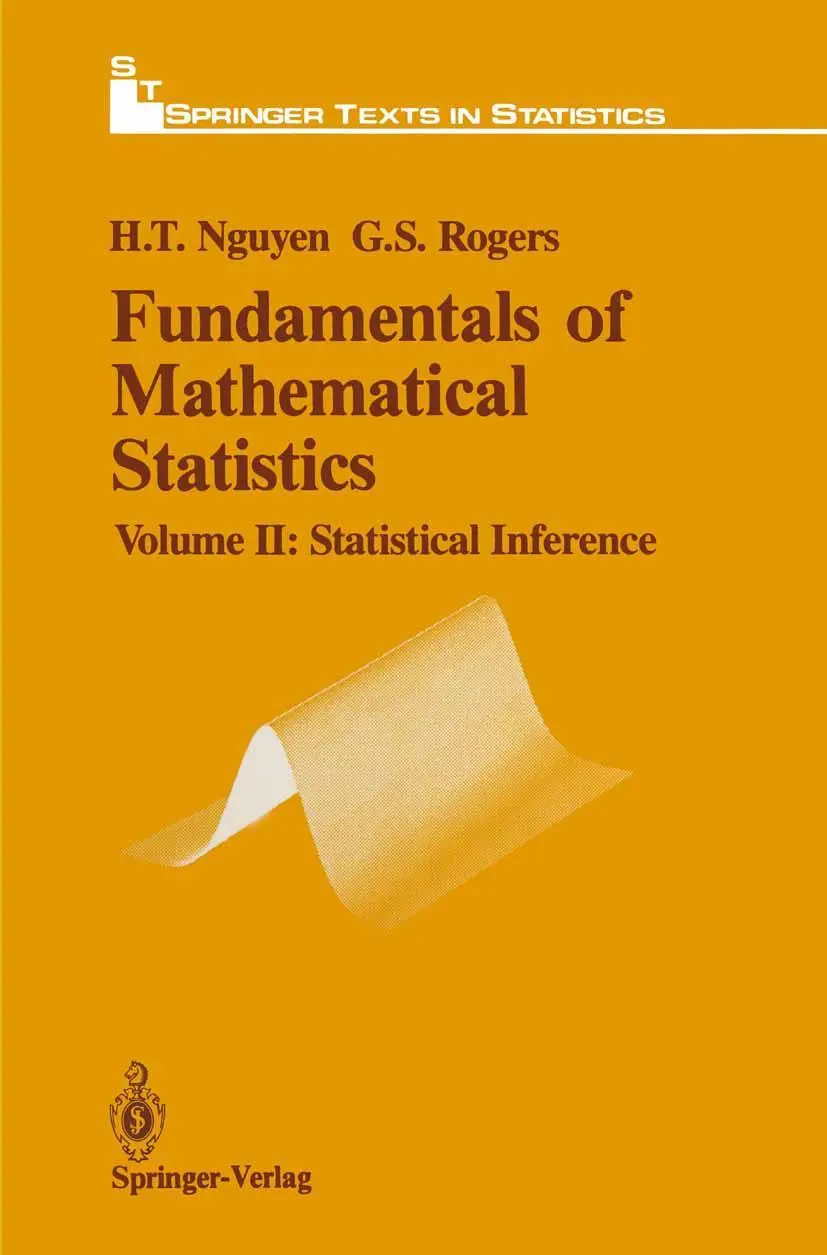Dekorationsartikel gehören nicht zum Leistungsumfang.
Sprache:
Englisch
139,95 €
UVP 171,19 €
Versandkostenfrei per Post / DHL
Lieferzeit 2-4 Werktage
Kategorien:
Beschreibung
This volume looks at applications of artificial intelligence (AI), machine learning (ML), and deep learning (DL) in drug design. The chapters in this book describe how AI/ML/DL approaches can be applied to accelerate and revolutionize traditional drug design approaches such as: structure- and ligand-based, augmented and multi-objective de novo drug design, SAR and big data analysis, prediction of binding/activity, ADMET, pharmacokinetics and drug-target residence time, precision medicine and selection of favorable chemical synthetic routes. How broadly are these approaches applied and where do they maximally impact productivity today and potentially in the near future. Written in the highly successful Methods in Molecular Biology series format, chapters include introductions to their respective topics, lists of the necessary software and tools, step-by-step, readily reproducible modeling protocols, and tips on troubleshooting and avoiding known pitfalls.
Cutting-edge and unique, Artificial Intelligence in Drug Design is a valuable resource for structural and molecular biologists, computational and medicinal chemists, pharmacologists and drug designers.
This volume looks at applications of artificial intelligence (AI), machine learning (ML), and deep learning (DL) in drug design. The chapters in this book describe how AI/ML/DL approaches can be applied to accelerate and revolutionize traditional drug design approaches such as: structure- and ligand-based, augmented and multi-objective de novo drug design, SAR and big data analysis, prediction of binding/activity, ADMET, pharmacokinetics and drug-target residence time, precision medicine and selection of favorable chemical synthetic routes. How broadly are these approaches applied and where do they maximally impact productivity today and potentially in the near future. Written in the highly successful Methods in Molecular Biology series format, chapters include introductions to their respective topics, lists of the necessary software and tools, step-by-step, readily reproducible modeling protocols, and tips on troubleshooting and avoiding known pitfalls.
Cutting-edge and unique, Artificial Intelligence in Drug Design is a valuable resource for structural and molecular biologists, computational and medicinal chemists, pharmacologists and drug designers.
Zusammenfassung
Includes cutting-edge techniques
Provides step-by-step detail essential for reproducible results
Contains key implementation advice from the experts
Inhaltsverzeichnis
Applications of Artificial Intelligence in Drug Design: Opportunities and Challenges.- Machine Learning Applied to the Modeling of Pharmacological and ADMET Endpoints.- Fighting COVID-19 with Artificial Intelligence.- Application of Artificial Intelligence and Machine Learning in Drug Discovery.- Deep Learning and Computational Chemistry.- Has Drug Design Augmented by Artificial Intelligence Become a Reality?.- Network Driven Drug Discovery.- Predicting Residence Time of GPCR Ligands with Machine Learning.- De Novo Molecular Design with Chemical Language Models.- Deep Neural Networks for QSAR.- Deep Learning in Structure-Based Drug Design.- Deep Learning Applied to Ligand-Based De Novo Drug Design.- Ultra-High Throughput Protein-Ligand Docking with Deep Learning.- Artificial Intelligence and Quantum Computing as the Next Pharma Disruptors.- Artificial Intelligence in Compound Design.- Artificial Intelligence, Machine Learning, and Deep Learning in Real Life Drug Design Cases.- Artificial Intelligence-Enabled De Novo Design of Novel Compounds that are Synthesizable.- Machine Learning from Omics Data.- Deep Learning in Therapeutic Antibody Development.- Machine Learning for In Silico ADMET Prediction.- Opportunities and Considerations in the Application of Artificial Intelligence to Pharmacokinetic Prediction.- Artificial Intelligence in Drug Safety and Metabolism.- Molecule Ideation Using Matched Molecular Pairs.
Details
| Erscheinungsjahr: | 2022 |
|---|---|
| Fachbereich: | Toxikologie |
| Genre: | Importe, Medizin |
| Rubrik: | Wissenschaften |
| Medium: | Taschenbuch |
| Inhalt: |
xi
529 S. 14 s/w Illustr. 89 farbige Illustr. 529 p. 103 illus. 89 illus. in color. |
| ISBN-13: | 9781071617892 |
| ISBN-10: | 1071617893 |
| Sprache: | Englisch |
| Einband: | Kartoniert / Broschiert |
| Redaktion: | Heifetz, Alexander |
| Herausgeber: | Alexander Heifetz |
| Auflage: | 1st edition 2022 |
| Hersteller: | Springer US |
| Verantwortliche Person für die EU: | Springer Verlag GmbH, Tiergartenstr. 17, D-69121 Heidelberg, juergen.hartmann@springer.com |
| Maße: | 254 x 178 x 30 mm |
| Von/Mit: | Alexander Heifetz |
| Erscheinungsdatum: | 05.11.2022 |
| Gewicht: | 1,011 kg |











